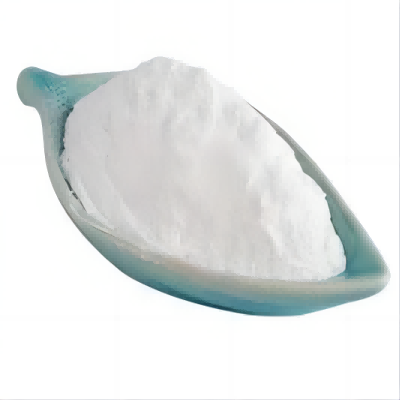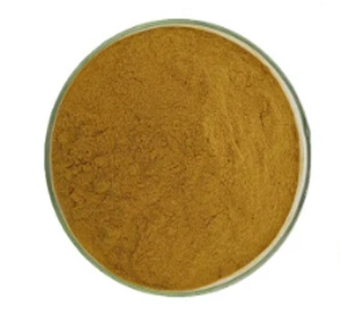Somatostatin CAS:51110-01-1
Somatostatin is primarily used to treat neuroendocrine tumors and other diseases associated with multiple hormonal disorders. Its main applications include the following aspects: Treatment of neuroendocrine tumors: Somatostatin receptors are widely expressed in a variety of neuroendocrine tumors, such as insulinomas, pituitary tumors, and gastrointestinal neuroendocrine tumors. By binding to receptors, Somatostatin inhibits the growth and hormone secretion of these tumor cells, thereby reducing symptoms and controlling the condition. Symptom management in patients with tumors: For those with unresectable or metastatic neuroendocrine tumors, Somatostatin drugs (such as Octreotide and Lanreotide) are used to reduce symptoms such as diarrhea, flushing, and increased stomach acid. Regulation of insulin release: In patients with insulinoma, Somatostatin helps improve patients' quality of life and manage the risk of diabetes by inhibiting insulin overproduction and controlling fluctuations in blood sugar levels. Clinical Studies and future applications: Somatostatin research is not limited to existing applications, but is also exploring its potential role in the treatment of other types of cancer and hormone-dependent diseases. These include, but are not limited to, areas such as thyroid disease, obesity, and dysregulation of intestinal hormone secretion. Overall, Somatostatin, as an important regulatory hormone, provides a multi-faceted support and treatment strategy for the treatment of neuroendocrine tumors and related hormone disorders, which is of great significance for improving the quality of life and prognosis of patients.



| Composition | C76H104N18O19S2 |
| Assay | 99% |
| Appearance | white powder |
| CAS No. | 51110-01-1 |
| Packing | Small and bulk |
| Shelf Life | 2 years |
| Storage | Store in cool and dry area |
| Certification | ISO. |









